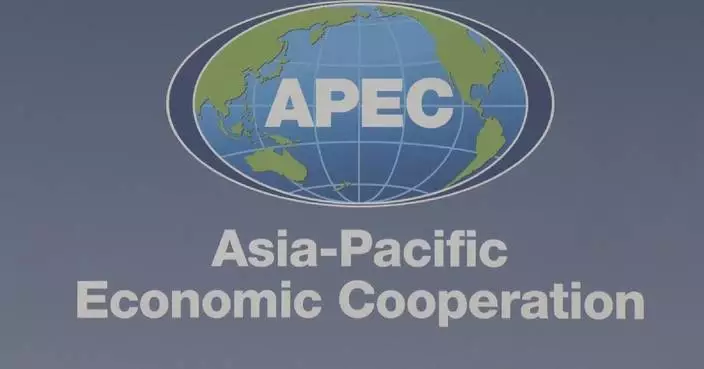The heaviest international offshore oil and gas platform built by China is notable for its embedded advanced technology.
The platform for Saudi Arabia's Marjan oilfield was officially delivered after 34 months of construction in Qingdao, east China's Shandong Province on Monday, marking a breakthrough in the country's large-scale offshore oil and gas equipment construction technology.
Weighing the equivalent of around 17,000 vehicles and covering an area of 15 basketball courts, the platform is capable of processing 24 million tons of crude oil annually, enough to power 500 million cars. Despite its immense size, the platform was constructed with cutting-edge technologies.
"The 36-inch crude oil pipeline here utilized domestically-produced inner coating technology. It can not only withstand high levels of hydrogen sulfide, but enable long-term safe service for up to 25 years," said Lu Cuncai, executive deputy manager of Marjan project of China Offshore Oil Engineering Company.
The platform's essential process pipeline spans 33,000 meters, covering the entire structure. The system is supported by 35 pigging ball receivers to ensure the long-term and safe operation of this platform.
According to Lu, the platform was constructed under stringent quality control protocols, with over 2,000 files dedicated to this purpose. Every member of the project team, from quality control staff to welders, was required to pass rigorous examinations.
Additionally, the platform contains over 100,000 components and parts, posing significant challenges for the management of the entire project.
"To manage this massive component weighing around 20,000 tons with thousands of pieces of material and equipment, the project team developed a visual management platform that enables whole-process management and control through digital simulation and twin technologies," said Lu.
The application of this visual intelligent management platform allows for real-time tracking of building materials and construction process, significantly improving the project management efficiency.

China adopts advanced technology to complete heaviest international offshore platform


















































